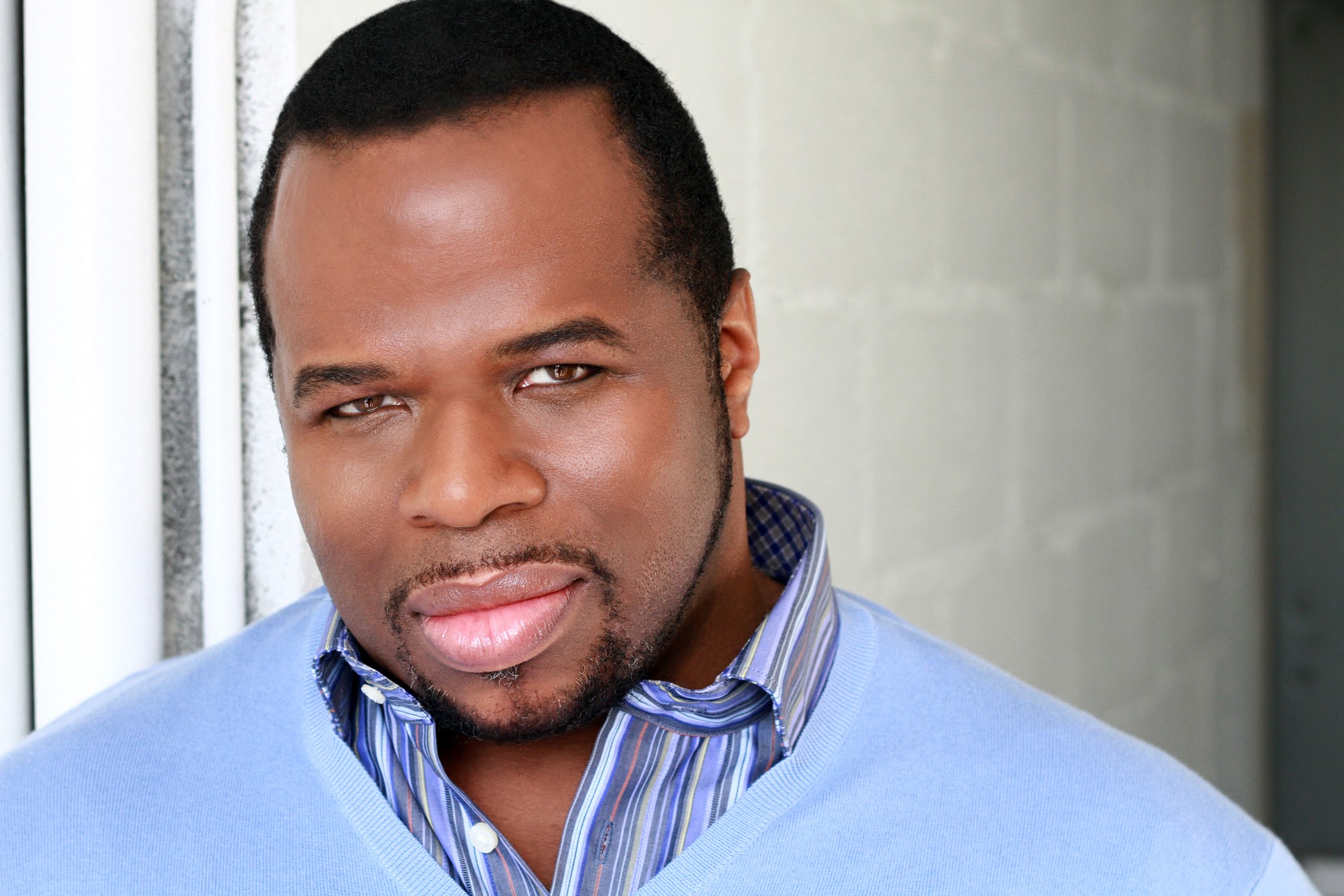One of my New Year’s resolutions to make OperaGene more helpful to its readers was to write opera previews and to include comments from the performers or staff for those operas when possible. In the mid-Atlantic region, we are rich in the number of opera events available to us; so, in deciding whether to attend a particular event, like most opera fans, I have to consider the time and money involved. I ask myself two questions: why should I want to attend a performance of this particular opera? And, why should I want to attend this particular performance of that work? The bottom line question of ‘considering everything, do I want to attend’ comes later. Previews can be helpful in answering those questions. The Washington Concert Opera offered to help authors interested in writing previews of their February 18 performance of Donizetti’s Maria di Rohan (1843) connect with performers for interviews. My first choice was Conductor Antony Walker; the conductor is at the center of an opera production. So, I screwed up my courage and made a request. Mr. Walker was available to answer questions by email and to my delight did so with considerable thought and detail. I am pleased to be able to share his comments with you in Part II of this blog report. I hope the information will benefit you in considering attendance at the upcoming production of Maria di Rohan. I was already intending to be there for reasons that will become clear, but Conductor Walker’s insights greatly add to my anticipation.
Conductor Antony Walker and the Washington Concert Opera Orchestra. Photo by Don Lassell; courtesy of Washington Concert Opera.
But first, let’s explore a little background. Gaetano Donizetti (1747-1848), the composer of Maria di Rohan, wrote sixty-five operas during his lifetime. In his day, one of every four operas performed in Italy was his; he wrote three to four operas per year for most of his composing life; he could have composed a mini-series for Netflix on an annual basis. He is known today, along with Gioachino Rossini and Vincenzo Bellini, as one of the masters of bel canto (beautiful singing). A few of his operas are perennial favorites in terms of performances each year, L’elisir d’amore, Lucia di Lammermoor, and La fille du regiment. However, less than ten of his operas are performed with any regularity today. Maria di Rohan (librettist, Salvadore Cammarano) is not one of those, which meets one of the qualifications for presentation by WCO – rarely performed; the other is it’s a masterpiece. Maria di Rohan was composed towards the end of his life. William Ashbrook and Sarah Hibberd in “The New Penguin Opera Guide” (ed. Amanda Holden, 2001, p.246) state that Maria di Rohan shows Donizetti “in complete control of his musico-dramatic goals.” He actually produced two versions of the opera, a Vienna and then a Paris version, differing mainly by having the role of Gondi changed from a tenor role to a mezzo-soprano in a pants role. Donizetti is particularly known for raising the level of drama in Italian opera and is often viewed as laying the groundwork for the great one, Giuseppe Verdi. Interestingly, many of Donizetti’s operas have women’s names and/or central figures who are women. In the heyday of opera in Italy, getting the best singers was crucial and what better way than by writing operas with great roles for sopranos, often with a particular soprano in mind.
Soprano Marina Costa-Jackson who will sing the role of Maria (photo by Dario Accosta; courtesy of Washington Concert Opera) and Norman Reinhardt who will sing the role of Chalais (photo courtesy of Norman Reinhardt and Washington Concert Opera).
What is the story about? One Italian stereotype is a person ruled by passion. My impression (prejudice) of the attitude of Italians of the past toward infidelity is, well, what can you do, you must follow your heart, and on the other hand, if you do, there will be blood. Even worse, Maria, countess of Rohan succumbed to her passion in a politically charged situation. She fell for the count of Chalais during the period of the ruthless Cardinal Richelieu in Paris. She asks Chalais who is still in love with her as she with him to intercede to save her husband Chevreuse who is in jail for killing Richelieu’s nephew in a duel. Did I mention Chalais is unaware of Maria’s secret marriage to Chevreuse? A fellow named Gondi insults Maria, and Chalais challenges him to a duel. Chevreuse is freed and grateful, so decides to be Chalais’ second in the duel defending the honor of Maria. At this point Chevreuse does not know about Maria’s liason with Chalais. These are the principal players and forces at work at the end of Act l. I won’t reveal any more plot details, but there will be blood.
Ginger Costa-Jackson who will sing the role of Gondi (photo courtesy of Ginger Costa-Jackson and Washington Concert Opera) and Lester Lynch who will sing the role of Chevreuse (photo courtesy of Lester Lynch and Washington Concert Opera).
Even though concert opera is not staged, the story is told and the emotions are displayed in song and music, sung in Italian, but with English supertitles. The performers are not in costumes, but they are in character. One might compare it to a live audiobook experience, but it is more than that. Seeing the singers, the conductor, and the orchestra, which is on stage and not in a pit, adds to the excitement, drawing you further into the fantasy. You will not only hear the conductor and orchestra support the singers and the libretto, you will see it. In the last couple of years, I have attended concert opera performances by the Washington Concert Opera and the Baltimore Concert Opera. I have become an enthusiastic fan of concert opera; they have been among my most favorite opera experiences of the past year, about as much fun as you can have at the opera.
Part II with Conductor Walker’s Q&A will soon follow with answers to these and other questions:
Is there anything special about the music in Maria di Rohan that the audience should be attuned to, compared to other operas and to other Donizetti operas?
Is there anything you think the audience should know about the cast?
Should the audience prepare in any way for what they are going to hear that might enhance their enjoyment?





